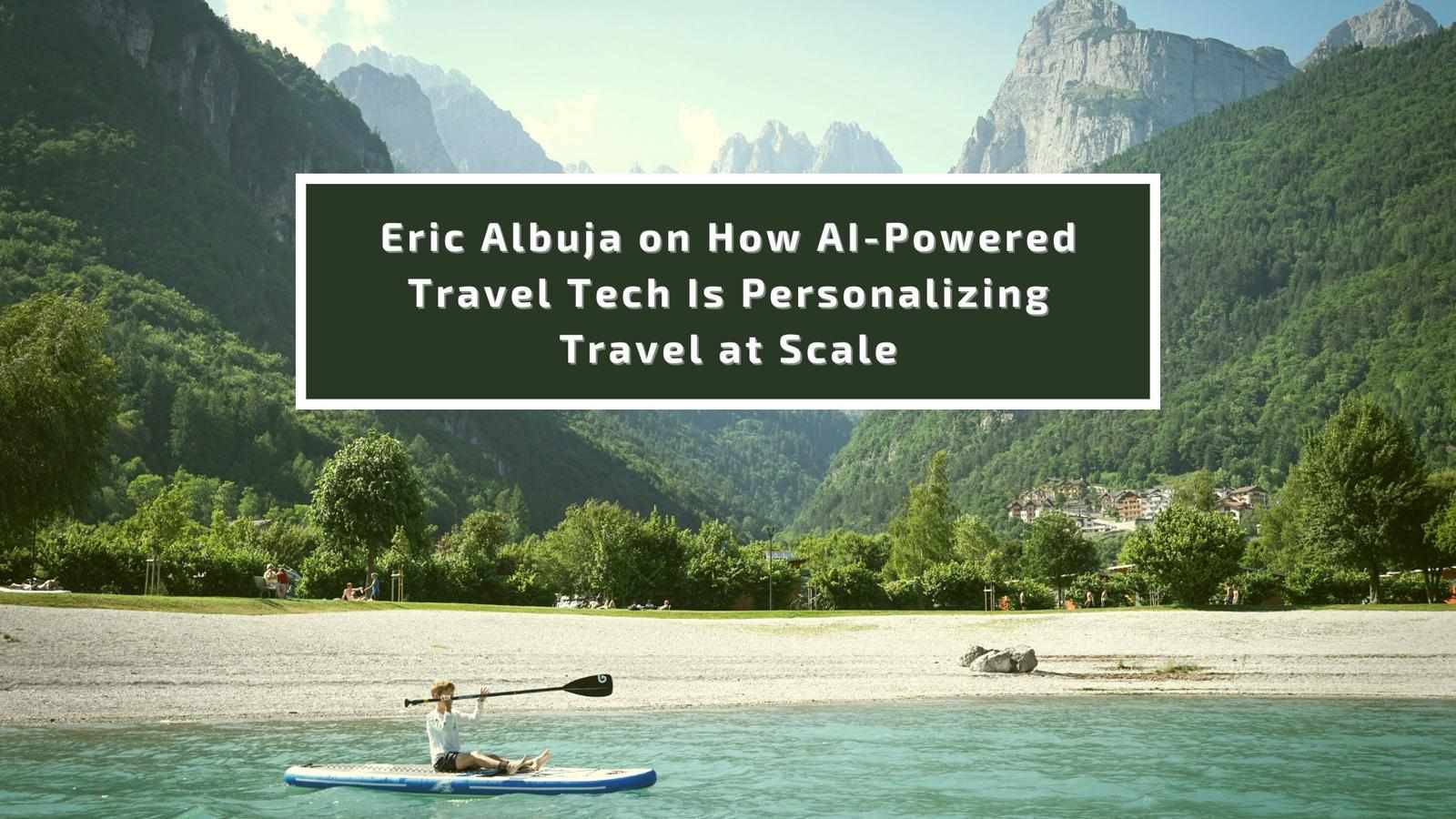
Technology is reshaping the travel industry, making it easier for travelers to discover unique and localized experiences. Eric Albuja Senior Manager at a Palo Alto-based tech travel startup, is at the forefront of these innovations. With extensive experience in global operations and service, he understands how hyperlocal travel technology is transforming tourism by connecting travelers with authentic, community-driven experiences.
What is Hyperlocal Travel Tech?
Hyperlocal travel technology refers to digital tools and platforms that provide real-time, location-specific recommendations and services. These solutions use AI, big data, and mobile applications to help tourists discover hidden gems, local businesses, and personalized experiences tailored to their interests.
"The goal of hyperlocal travel tech is to move beyond generic travel experiences and offer something truly unique to each traveler," says Eric Albuja.
How Hyperlocal Travel Tech is Changing Tourism
1. Enhancing Personalized Travel Experiences
Traditional travel guides often focus on popular tourist attractions, but hyperlocal travel tech helps visitors explore lesser-known spots. AI-powered apps analyze user preferences and behavior to recommend customized itineraries, local eateries, and cultural experiences.
For example, platforms like Google Maps and Airbnb Experiences use AI-driven insights to suggest activities based on a traveler’s location and interests. This ensures visitors get a more immersive experience rather than just following mainstream travel routes.
2. Boosting Local Economies
Hyperlocal travel technology bridges the gap between tourists and small businesses. Instead of relying on large corporate chains, travelers can find local cafes, artisan shops, and independent tour guides.
"By directing travelers to local businesses, hyperlocal tech contributes to economic growth within communities," explains Eric Albuja. "It creates opportunities for small business owners and encourages sustainable tourism."
3. Real-Time Travel Updates and Smart Navigation
With GPS-enabled apps and AI-driven notifications, travelers can receive instant updates on traffic conditions, public transportation, and event recommendations. This helps them navigate new locations effortlessly and make informed decisions.
Apps like Citymapper and Moovit provide real-time transit updates, ensuring tourists can explore cities efficiently without delays. Similarly, platforms like Yelp and TripAdvisor help users find top-rated local attractions with live reviews and crowd insights.
4. Encouraging Sustainable Tourism
Hyperlocal travel technology promotes eco-friendly tourism by reducing overcrowding at major landmarks and encouraging visits to alternative destinations. This helps preserve cultural heritage sites and distributes tourism benefits more evenly.
"Sustainability is a key focus in travel technology today," says Eric Albuja. "Hyperlocal solutions allow travelers to explore less-visited locations, reducing pressure on over-touristed areas while still supporting local economies."
5. Seamless Language Translation and Cultural Immersion
Language barriers can often hinder a travel experience, but hyperlocal travel apps now provide instant translation services. Apps like Google Translate and SayHi help tourists communicate with locals and understand signs, menus, and cultural nuances in real time.
Additionally, AI-powered chatbots and virtual guides provide historical and cultural insights tailored to a visitor’s current location, making exploration more informative and engaging.
Future of Hyperlocal Travel Technology
As technology continues to evolve, hyperlocal travel solutions will become even more refined. Augmented reality (AR) and AI-driven recommendations will further enhance the travel experience, making it easier for tourists to discover new places effortlessly.
"We are heading toward an era where technology seamlessly integrates with travel, offering real-time, highly personalized experiences," says Eric Albuja. "The key is to leverage data responsibly while ensuring an authentic and enriching journey for every traveler."
Conclusion
Hyperlocal travel technology is revolutionizing tourism by making travel more personalized, accessible, and sustainable. By leveraging AI, big data, and mobile solutions, travelers can explore destinations in an immersive and meaningful way.
With leaders like Eric Albuja driving innovation in travel technology, the future of tourism is set to be more dynamic, inclusive, and locally enriching than ever before.




















Write a comment ...